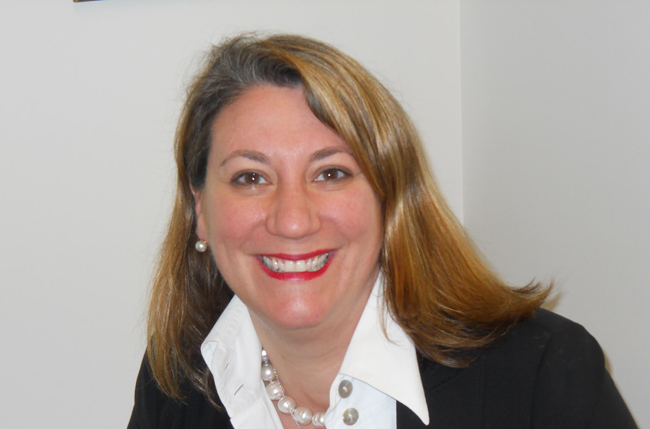P&Q: How is technology impacting Columbia’s programs?
That’s an interesting question. The school as a whole is looking at how tech can help. And our executive education arm has done quite a bit. In the EMBA we are going to be piloting a synchronistic technology-enabled course. Some students will be in the classroom and other students will be dialing in. As an elective, that’s what we are doing. We have also done some pre-recorded courses to supplement for the classroom. But the demand of our students for that kind of thing is not high. We are looking at all of the different ways to (include) technology in the courses, but we have to makes sure it’s something the students want and will benefit from.
And at the moment, we do not have the demand from the students for it. An example is another way to use technology is course materials. Our students are quite parenthetical in the global program. We gave them the option of electronic textbooks to lighten their load as they travel to and from London and Hong Kong and what we found is it’s about half and half. About half like the electronic textbook and half don’t. So we give our students that option.
P&Q: What trends have you noticed among the applicant pool and those who actually enroll?
I can speak to the overall trend. More and more students are willing to pay for this experience and investment themselves. There is a trend in less corporate sponsorships and now most students pay on their own. Our students’ average age is 32. We like to have the younger, more ambitious students in the mix but we also have all of the traditional EMBA ages. We find they integrate quite well in the classroom.
Generally, our trend is around focusing on the student and focusing on experience of the student. For example, we have seven individuals in career management because the students are thinking more about careers for life and not just the next job, and how they manage those life careers.
That’s the hallmark of the program, our focus on student experience. That is paramount to what we do here. We have the career management, the networking, a few events that bring everyone together and a few smaller events for individual cohorts. We have the ability to bring our students together inside the classroom as well. We are looking at the holistic experience.
The most significant networking is when we have a global elective; they have breakfast and lunch together and an event in the evening that involves the class and professor. We probably have around 50 global electives a year and that happens with all of them. As simple as it sounds, that’s an important part of networking. The international seminars are in a remote location that the students have chosen and they really create a unique bonding experience with sharing meals.
P&Q: What do you make of MOOCs and the online MBA and their impact, or potential impact, on the executive MBA?
I think they are definitely right for some students. It depends on what a student is looking for. If you’re looking for the full EMBA experience, which includes the classroom learning as well as the people—your network—it might not be best. The value to an EMBA can be the people you’re in class with and establishing relationships with them, whether they are classmates, a professor, or someone else that enriches your experience. It gives you more than just a degree. It gives potential friends, business partners, entrepreneurial partners, and people that can help you as you are hearing their comments. We’ve seen all of that. Classmates can help you think in a different way. Whether it’s a different coursework, global, or cultural perspective.
For example, when I was an EMBA, I married a classmate. Certainly not all do that but almost all go on to have deep relationships and friendships with their cohorts.
P&Q: Are applications and enrollment increasing, decreasing, or remaining flat at Columbia?
For us, we remain fairly steady. At Columbia, part of that is our location, our reputation, and word-of-mouth is powerful. So I think we have an advantage in that way. There are a lot of programs out there. I serve on the board of the Executive MBA Council; one stat I remember is 70% of our most recent EMBA programs have launched since 1990. Columbia has been in it for a long time and I think is the second oldest to Chicago. There is a lot of depth and roots to the program.






Questions about this article? Email us or leave a comment below.